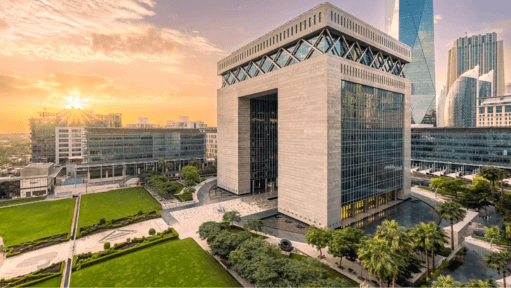
What are Financial Free Zones and How Do They Operate in the UAE?
A beginner's guide to understanding financial free zones in the UAE
Financial Free Zones are designated areas within the UAE where specific laws and regulations apply, aimed at fostering financial activities and attracting investments. These zones operate independently from the rest of the country and are governed by their own set of rules.
A Closer Look at Article 121 of the Constitution
In the UAE, Article 121 of the Constitution empowers the Federation to establish financial free zones, exempting them from certain Federal laws. This led to the creation of legislative measures like Federal Law No. 8 of 2004, enabling the establishment of zones such as the Dubai International Financial Centre (DIFC).
These zones operate under distinct regulatory frameworks, exempt from Federal civil and commercial laws but subject to Federal criminal laws. Additional regulations, like Cabinet Resolution No. 28 of 2007 and Federal Decree No. 35 of 2004, further clarify the implementation and boundaries of these zones.
Key to the DIFC's regulation is DIFC Law No. 1 of 2004, granting authority to the Dubai Financial Services Authority (DFSA) for rule-making and enforcement.
Article 121 of the UAE Constitution grants the Federation the authority to establish Financial Free Zones and exclude them from certain Federal laws. This provision forms the legal basis for the creation and operation of Financial Free Zones in the Emirates.
Federal Law No. 8 of 2004
Federal Law No. 8 of 2004, also known as the "Financial Free Zone Law," allows for the creation of Financial Free Zones in any Emirate of the UAE through a Federal Decree. It exempts these zones and financial activities within them from Federal civil and commercial laws.
Cabinet Resolution No. 28 of 2007
Cabinet Resolution No. 28 of 2007 provides further details on the implementation of the Financial Free Zone Law, ensuring clarity and consistency in its application.
Federal Decree No. 35 of 2004
Federal Decree No. 35 of 2004 established the Dubai International Financial Centre (DIFC) as a Financial Free Zone in Dubai, defining its legal status and geographic boundaries.
Dubai Law No. 9 of 2004
Dubai Law No. 9 of 2004 acknowledges the creation of the DIFC, recognising its financial and administrative independence and establishing its central bodies, including the Dubai Financial Services Authority (DFSA).
DIFC Law No. 1 of 2004
DIFC Law No. 1 of 2004, also known as the "Regulatory Law 2004," grants extensive powers to the DFSA, empowering it to regulate and supervise financial activities within the DIFC.
Key objectives of Financial Free Zones
Financial Free Zones aim to promote financial innovation, attract foreign investment, and contribute to the overall economic growth and development of the UAE by providing a conducive environment for conducting financial activities.
(Thw writer is a legal asssociate at Dubai based NYK Law Firm)
For any enquiries or information, contact ask@tlr.ae or call us on +971 52 644 3004. Follow The Law Reporters on WhatsApp Channels.